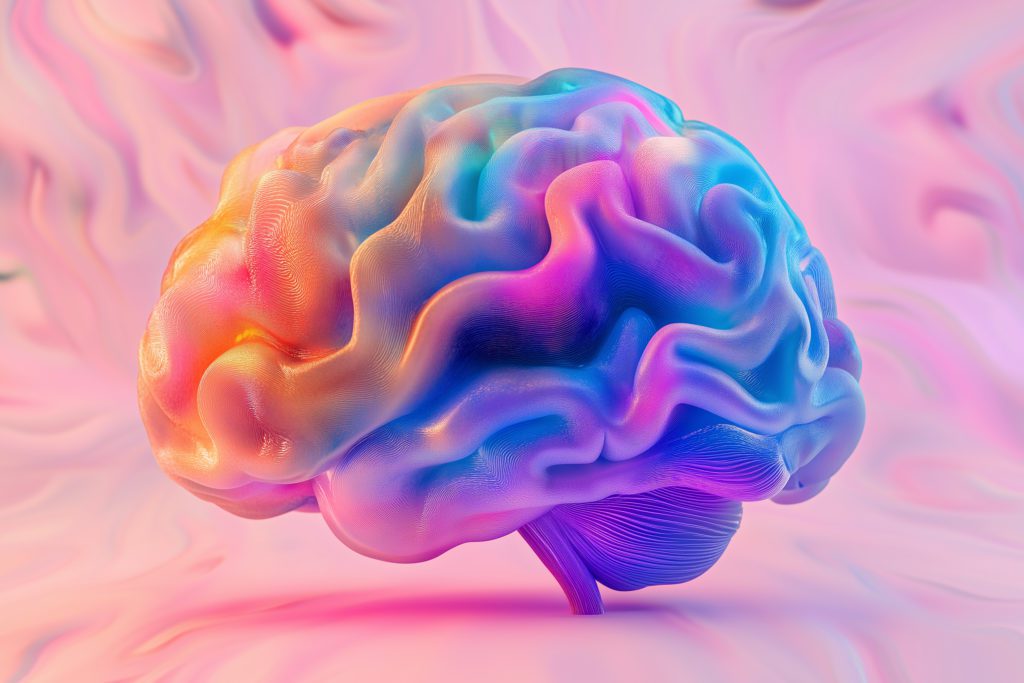
Sleep Disorders and Heart Health
Sleep is crucial for the health of your heart, but sleep disorders can interfere. Explore how sleep disorders affect heart health and tips to boost your sleep.

It’s common knowledge that sleep disorders affect your sleep, sometimes leaving you tired in the morning and other times causing you to do any number of strange activities while you’re asleep. However, sleep plays a critical role in your overall health, so a lack of sleep, thanks to sleep disorders, may have wider-reaching consequences than you would expect.
One area that sleep disorders can affect is the health of your heart, an organ that is vital for pumping blood throughout the body. With heart disease the leading cause of death worldwide, it’s critical that you know just what can affect your heart’s health, including how sleep factors in.
How Sleep Deprivation Affects Heart Health
If you think that several nights of poor sleep only affect your energy levels, think again. Several studies show that sleep deprivation and fragmented sleep can negatively affect your heart health, and this is likely because sleep is an essential time for recovery.
During the non-rapid eye movement (NREM) stages of sleep, your heart rate slows, blood pressure drops, and breathing becomes more stable. All of these actions are crucial for giving your heart a rest, reducing stress and allowing it to recover from the strain of the day. However, if you don’t get enough sleep, your heart doesn’t have enough time to recover, which can cause it to be overworked. As a result, chronic sleep deprivation may lead to high cholesterol, high blood pressure, obesity, heart attack, and stroke.
When you’re sleeping, a phenomenon called nocturnal dipping occurs, which is when your blood pressure drops by 10-20%. This phenomenon has been highlighted in regard to its role in cardiovascular health, with non-dipping (which happens if you don’t sleep enough) related to an increase in heart attacks, strokes, reduced blood flow to the brain, and kidney problems.
Additionally, high blood pressure at night has been tied to high blood pressure overall, a condition called hypertension. In fact, your blood pressure at night may be even more predictive of heart problems than having high blood pressure during the day.
Our sleep has also been tied to the development of coronary heart disease, which occurs when plaque builds up in the arteries, causing them to harden and narrow—a condition called atherosclerosis. When atherosclerosis occurs, your heart has a harder time getting enough blood and, as a result, oxygen.
Research has shown that sleep deprivation is a contributor to atherosclerosis because poor sleep triggers chronic inflammation, which then causes plaque to form.
Sleep deprivation has also been tied to heart failure, with one study finding that those who slept for less than seven hours each night had a higher risk of heart failure. Another study found that those who slept less than six hours a night had a 20% greater risk of having a heart attack.
Sleep Disorders and Heart Health
It’s clear that getting enough sleep each night is crucial for the health of your heart, but sleep disorders may be making it hard to reach your sleep goals. As such, many sleep disorders have been linked to heart problems.
Obstructive sleep apnea is a sleep disorder that is characterized by episodes of stopped breathing during the night. It is very often correlated to extremely disrupted sleep and, as a result, poor sleep quality. Sleep apnea is linked to many health concerns, including obesity and diabetes, but also many heart-related health conditions, such as heart disease, high blood pressure, and stroke. One reason why sleep apnea may be so detrimental to your heart health is because the episodes of stopped breathing reduce the amount of oxygen in the blood, causing your heart to receive less oxygen.
Other sleep disorders can affect your heart, as well. For instance, sleep disorders that result in abnormal movement during sleep, such as restless leg syndrome, increase the risk of cardiovascular disease. Researchers suspect that it may be because these disorders increase inflammation in the body, which is a risk factor for heart disease.
Misaligned sleep-wake cycles can also have cardiovascular consequences. For example, those who do shift work have a higher risk of obesity, diabetes, hypertension, and cardiac events.
Sleep Tips for Heart Health
Sleep is crucial for the health of your heart, so it’s important to get enough sleep each night. However, sleep disorders can make this task difficult—the following are some ways to improve your sleep if you have a sleep disorder.
See A Doctor
If you suspect that you have a sleep disorder, your first step should always be to see a doctor. They can have you evaluated for the sleep disorder and, once you have a diagnosis, start you on treatment.
If you’re concerned about your heart health, it can be helpful to see a cardiologist to go over your concerns and see where your particular risk factors lie. Furthermore, since some heart problems can impact sleep, having them managed can help you sleep better, which then further supports your heart’s health.
Improve Sleep Hygiene
When you have a sleep disorder, focusing on your sleep hygiene can make a significant difference in how well you’re able to sleep. For instance, for those with insomnia and circadian rhythm disorders, following the same sleep-wake routine each day can help you fall asleep more easily.
Exercising during the day can also help you sleep more easily. For those with restless legs syndrome, in particular, exercise can help reduce the severity of symptoms, which can then improve your sleep.
Other ways to improve sleep hygiene include:
- Keeping your bedroom dark, cool, and quiet
- Creating a bedtime routine
- Filling your time before bed with relaxing activities
- Getting light first thing in the morning
- Avoiding caffeine and electronics before bed
Sleep and Your Heart
If you’re looking to keep your heart pumping strong, it’s important that you get enough sleep. While you’re sleeping, your heart gets a break—not getting enough sleep can cause heart health concerns to develop.
Unfortunately, given the way that sleep disorders impact your sleep, they’re associated with a greater risk for heart concerns. As a result, if you have a sleep disorder, it’s important to improve your sleep and seek treatment in order to protect your heart’s health.

Written by
Jessica G
Medical writer freelancer who has written hundreds of articles on varying topics. Masters of Engineering degree in Biomedical Engineering.
Download Pillow
Get help
Press & News
Legal
Connect
X (Twitter)
Company
Copyright © Neybox Digital Ltd.



